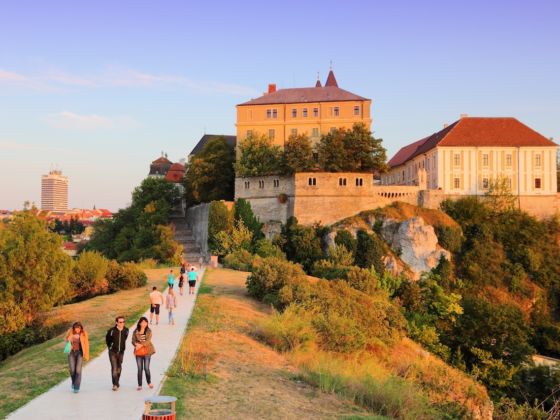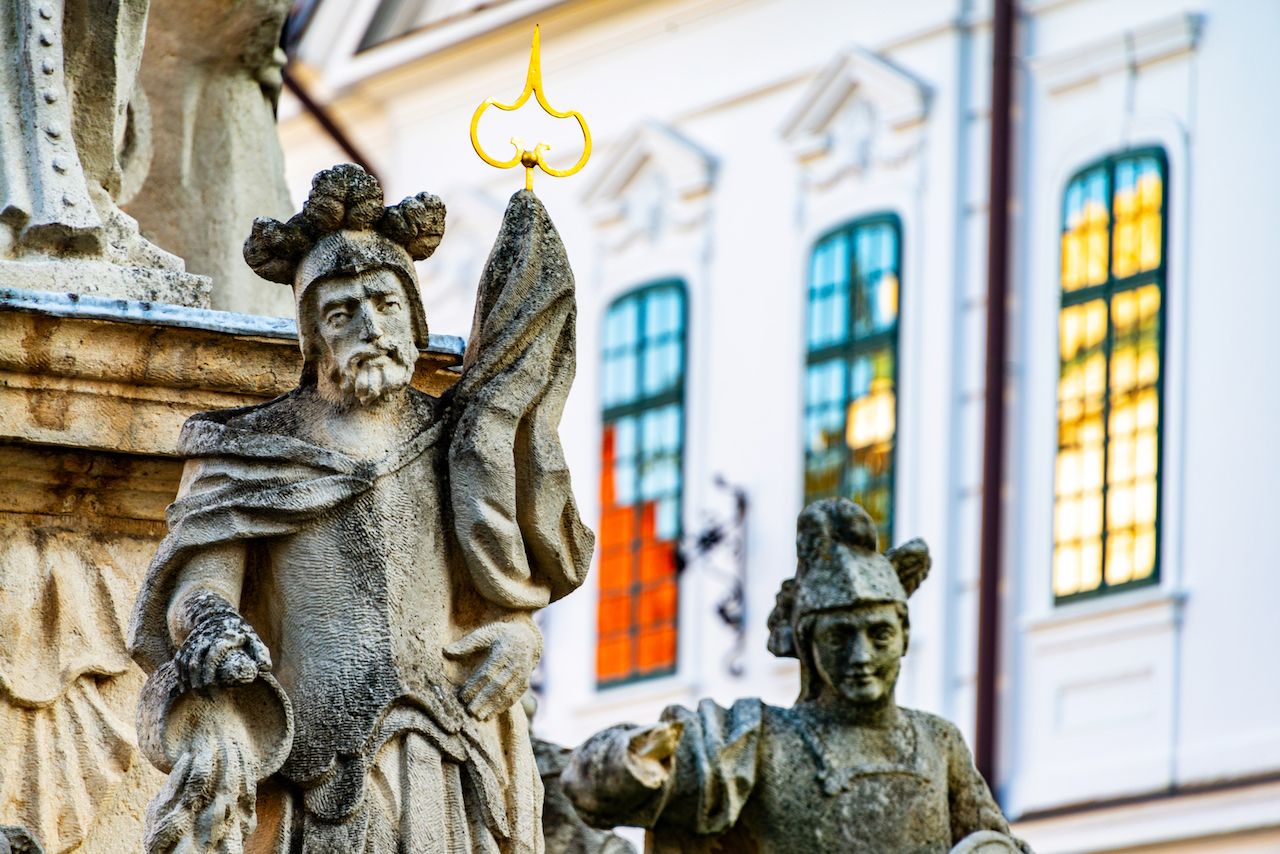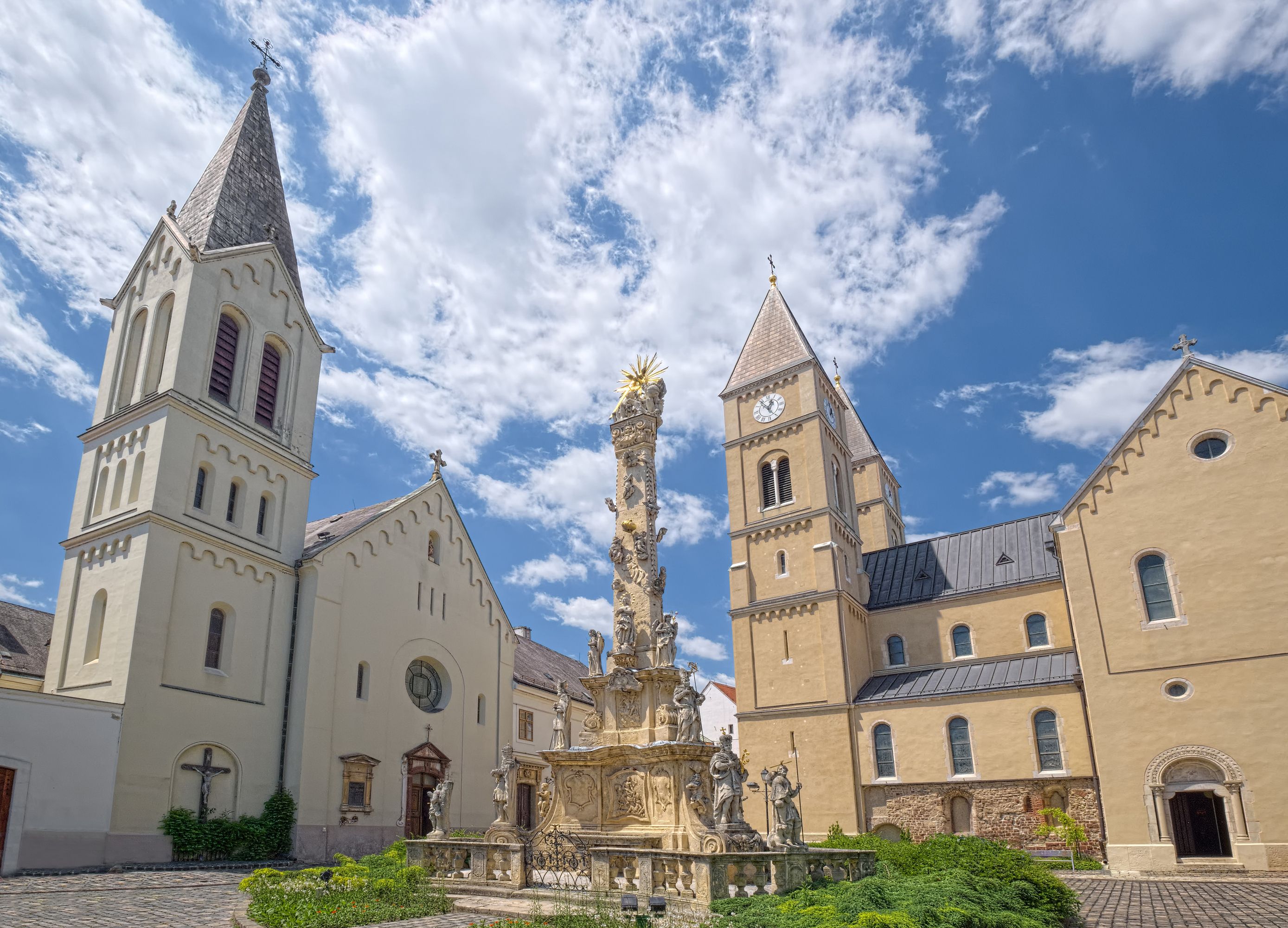In case you’re really planning ahead and want to get the best European cultural experience in 2023, the Hungarian town of Veszprém needs to be at the top of your list. Home to one of the country’s earliest stone castles, Veszprém is located between Lake Balaton and the Bakony Hills and defined by its narrow streets, medieval architecture, historic fire tower, Hungary’s first cathedral, and a summer music festival. Last week, the European Commission thrust this small town into the spotlight when it named Veszprém the winner of the European Capital of Culture title for 2023.

Veszprém, Hungary, Will Be the European Capital of Culture in 2023

Photo: Madrugada Verde/Shutterstock
According to the Veszprém 2013 official site, Aiva Rozenberga, chair of the European Commission, said, “Veszprém has the potential to make a valuable addition to the European cultural heritage.” The town’s rich cultural energy, complete with museums and theaters, make it an ideal choice. The Masterpiece Gallery features contemporary Hungarian art, and the Vass Collection houses an array of avant-garde art from the constructivist and abstract movements. For history buffs, the Dezső Laczkó Museum has an impressive collection of exhibits encompassing archaeology and ethnography.

Photo: vidalgo/Shutterstock
Sometimes, a city must share it’s “Capital of Culture” designation. In 2019, the capitals are Matera, Italy, and Plovdiv, Bulgaria. In 2020, the capitals will be Rijeka, Croatia, and Galway, Ireland, and in 2021 there are three cities — Timisoara in Romania, Elefsina in Greece, and Novi Sad in Serbia. In 2022, Kaunas, Lithuania, and Esch, Luxembourg, share the honor.
Cities are chosen based on their unique cultural features, such as diversity, access to the arts, progressive and community-building initiatives, and a rich shared history. The goal of the Capitals of Culture project is to highlight the wide array of culturally rich cities in Europe, foster a sense of belonging to a common culture, help regenerate and restore cities, boost tourism, and encourage citizens to participate in ongoing cultural events.
H/T: Lonely Planet